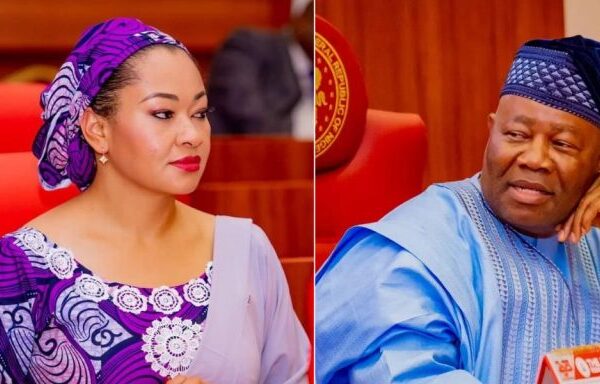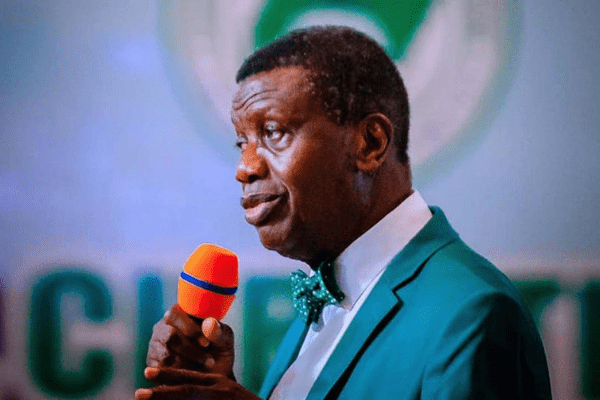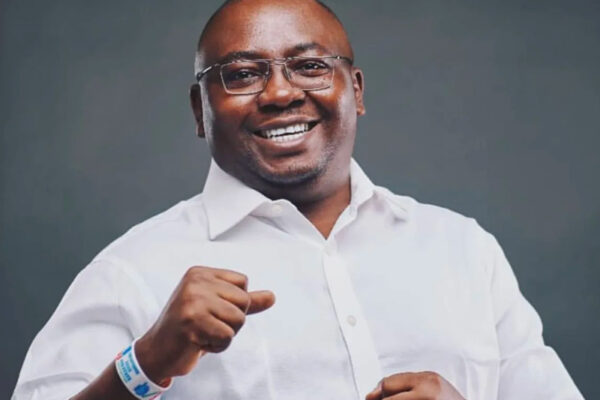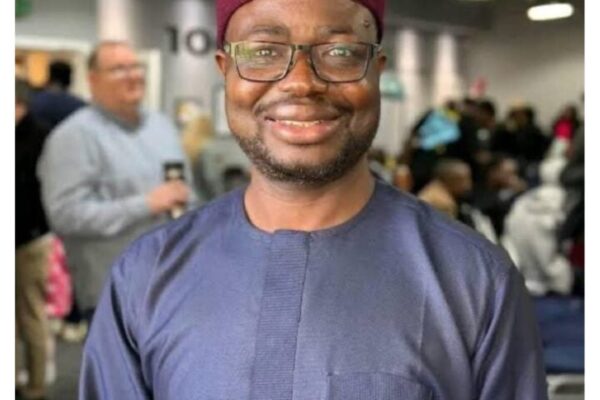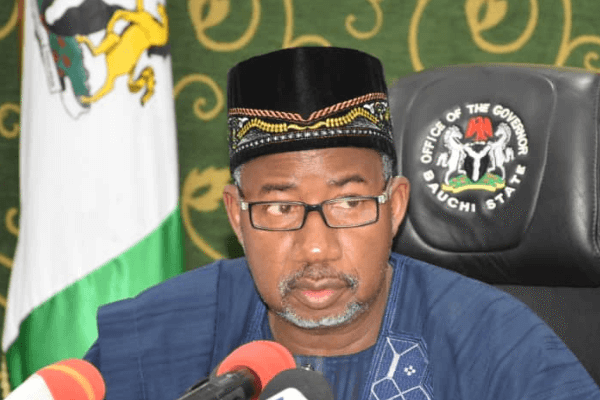
AU, AFRIMA Confirm January 7-11, 2026 for 9th Awards in Lagos
The African Union Commission (AUC) and the International Executive Committee of the All Africa Music Awards (AFRIMA) have officially announced the 9th edition of Africa’s global music awards will now take place between Wednesday, January 7 to Sunday, January 11, 2026, in Lagos, Nigeria. Previously scheduled for November 25–30, 2025, the awards’ date adjustment followed extensive consultations with partners, artistes, and stakeholders across Africa and the diaspora. “The African Union Commission is proud to continue its partnership with AFRIMA in celebrating Africa’s creative excellence and global influence,” said Ms. Angela Martins, Acting Director of Social Development, Culture and Sports and Head of the Culture and Sport Division, AUC. “This relationship aligns perfectly with the AU’s Cultural Policy for Africa and the AU Agenda 2063, which prioritise the creative economy as a driver of sustainable development, youth empowerment, and continental integration. The new dates for the 9th AFRIMA in January 2026 provide an exciting opportunity to further showcase the rich diversity, innovation, and unity of Africa’s music and culture to the world.” Explaining the decision, Nde Ndifonka, AFRIMA’s Regional Director for Central Africa and Cameroonian music star popularly known as Wax Dey, said the new dates in January will allow for broader participation and ensure a top-quality experience for everyone involved. “AFRIMA is not just an award show; it is Africa’s global music stage,” said Ndifonka, who is also a lawyer. “Rescheduling the 9th edition to January allows us to deliver the kind of world-class celebration that truly reflects Africa’s creative power. It also ensures that more of our stakeholders, artistes, fans, media, and partners can participate fully. This is about giving African music the grand platform it deserves.” The 9th AFRIMA, held in partnership with the African Union Commission, the Federal Government of Nigeria as the Official Host Country and Lagos State as the Official Host City, will feature a week-long lineup of music, culture, and entertainment. The continent’s biggest music festival will commence officially on Wednesday, January 7 with the exclusive Welcome Soirée for nominees, delegates, guests and international media offering a premium networking space for artistes, industry leaders, sponsors, and media professionals. On the same day, the 9th AFRIMA Diamond Showcase, a special performance platform for undiscovered African music acts, will host 15 budding talents creating an opportunity for them to connect their sounds to a larger audience and break into mainstream music success. On Thursday, January 8, the spotlight will shift to the Africa Music Business Summit (AMBS) —AFRIMA’s signature conference for thought leadership and collaboration within the African music ecosystem. Later that evening, guests will be treated to the Music Icons’ Night, a celebration of legendary figures who have shaped Africa’s music heritage. The excitement continues on Friday, January 9 with a vibrant lineup that includes community outreach visits to schools, a host city cultural tour, and a courtesy reception with the Lagos State Government. The day will close on a high note with the AFRIMA Music Village, an open air live performances, star studded concert & festival arena Saturday, January 10, will bring the energy up further at the 9th AFRIMA Nominees & Industry Party, a glamorous night dedicated to past winners, current nominees, and AFRIMA’s valued sponsors and partners. The week-long celebration will culminate on Sunday, January 11, 2026, with the live broadcast 9th AFRIMA Awards Ceremony at the Eko Convention Centre, Eko Hotels & Suites in Lagos. The grand event will include a live Red Carpet broadcast and feature electrifying performances from some of Africa’s biggest music stars. The ceremony will be aired to over 84 countries around the world.


